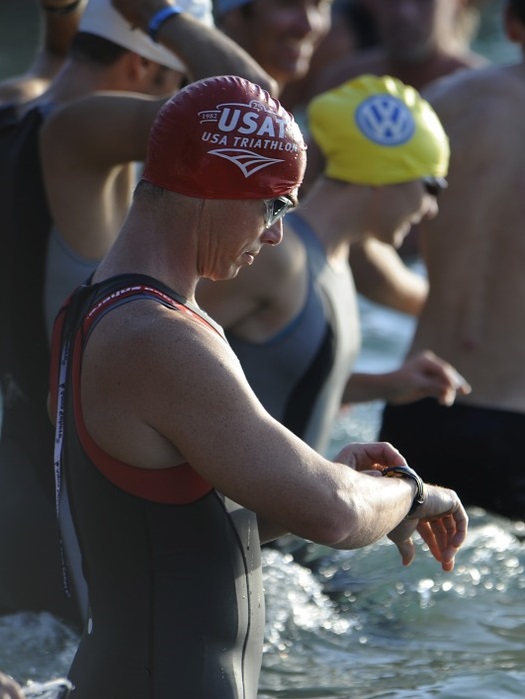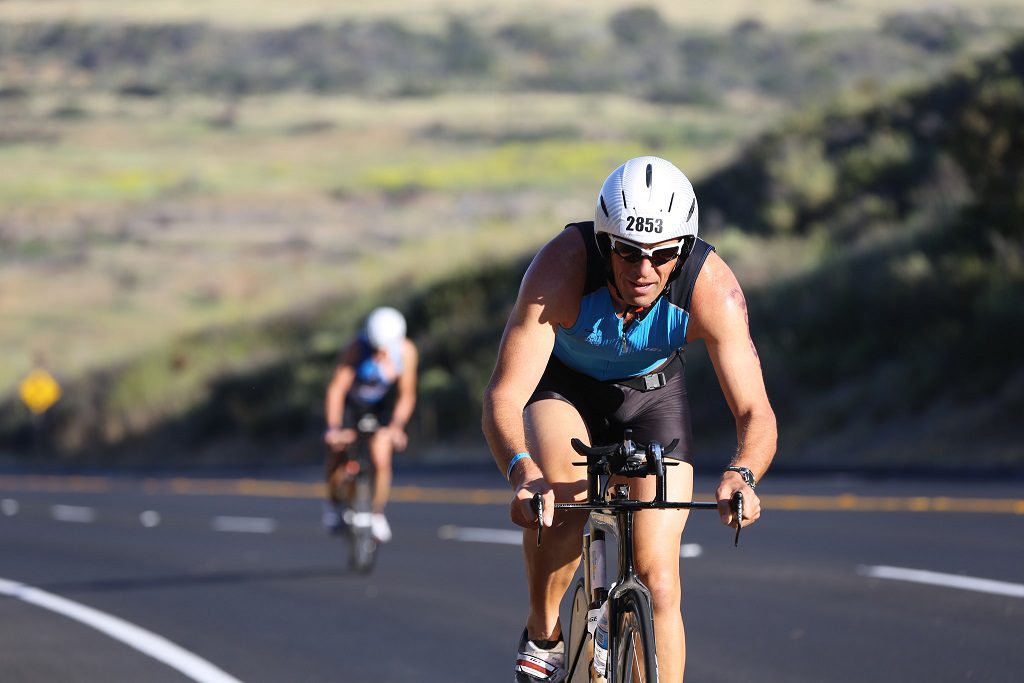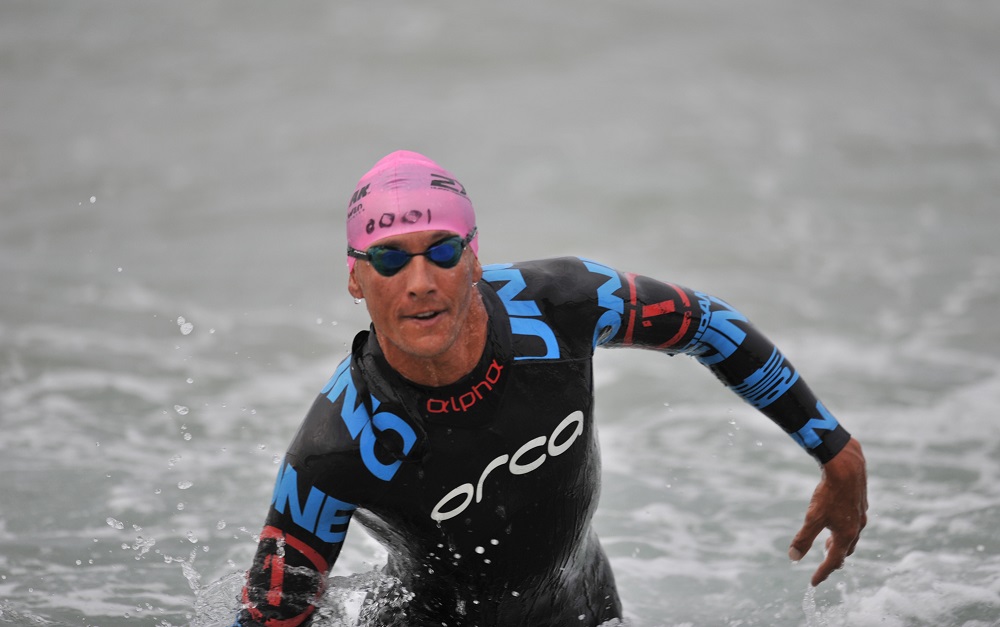 Ironman began as a relatively small, niche sport back in the late 1970s and early 1980s. It was the brainchild of a US Navy Commander called John Collins who decided to add swimming and biking to the regular Honolulu Marathon in Hawaii. Since then, it’s developed into one of the most popular – and most challenging – sports on the planet, with thousands of people competing every year.
Ironman began as a relatively small, niche sport back in the late 1970s and early 1980s. It was the brainchild of a US Navy Commander called John Collins who decided to add swimming and biking to the regular Honolulu Marathon in Hawaii. Since then, it’s developed into one of the most popular – and most challenging – sports on the planet, with thousands of people competing every year.
Of all the sports on offer, the Ironman triathlon is perhaps the most grueling on the mind and body. Athletes have to swim 2.4 miles, cycle 112 and then run a full 26.2-mile marathon. It’s not for the faint-hearted, and something that seasoned Ironman competitors usually only do once or twice a year at most.
Given that it is so grueling, how should budding Ironman competitors prepare?
Get Into A Routine
Preparing for an Ironman competition is all about consistency. Everything you do needs to be in the pursuit of preparing your body for the intense strain that it will be under when competition day arrives. The first thing to do is consult with a sports medicine specialist. A specialist will be able to help you design a regimen that will minimise the chances of injury and set back your training schedule.
Once you’ve received their advice, the next step is to begin the training process itself. Two of the biggest names in the Ironman triathlon world, Gordo Byrn and Mark Allen, advocate what they call an unstructured training method. This is where you essentially train for as short or as long as you like, doing whichever of the three disciplines – swimming, running or cycling – you fancy. The reason for this is that Ironman competitors have to be in tune with their bodies. The body can’t be forced into a set regimen, especially when the workouts are so grueling. Instead, it has to be listened to, and the athlete must adapt. If the body says that it can’t do a long training session on one particular day, then the athlete should respect that and try doing more exercise on another.
Be Honest About Your Fitness
Ironman competitions are extreme. Thus, you need to be frank with yourself about your fitness. If you’re in a poor state of health and you push yourself too hard, you could suffer deadly consequences. It’s not uncommon for people with unhealthy cardiovascular systems to experience heart attacks as a result of plaques breaking off their artery walls during extreme exercise.
Take stock of your health by doing time trials and seeing how you feel. Try not to push yourself to the point of fatigue or failure until you’re confident that your fitness levels are adequate.
Increase Training Volume Over Time
To begin with, the amount that you can physically do in a single training session will be low. You might top out at 5 km running, or a mile of swimming. If you do, don’t worry: it’s just a sign that your body hasn’t yet adapted to longer distances. Over time, you should be able to increase how far you run, cycle and swim as your muscles get used to the activity.


